Reconnecting Labor
Scribe, $30 pb, 213 pp
Labor’s cottage industry
The Liberal Party, in its barren years (1983–96), was consumed in battles over beliefs. The dries took up the cudgels in a war over the nature of liberalism and effectively gained control of the party room. As Paul Kelly has described it, the party torched its Deakinite heritage. John Howard was not central to these battles, but he was the inheritor. His brilliance has been to take the neo-liberal agenda (individualism, choice, markets versus ‘bureaucracy’, the ‘mainstream’ versus ‘élites’), to give it an Australian resonance (by reinterpreting the ‘Australian legend’ as a story of individual battlers) and, relentlessly, to link his profession of beliefs to every policy statement he makes. It is unlikely that most of the punters systematically assess what Howard says in their own voting deliberations, or could complete a test on Howard’s key principles, but impressions have their effects. Recently, when I asked a group whether they thought there was a difference between the parties, a young woman confidently replied: ‘Yes, one party knows what it thinks and gets on with it; the other doesn’t.’
Continue reading for only $10 per month. Subscribe and gain full access to Australian Book Review. Already a subscriber? Sign in. If you need assistance, feel free to contact us.


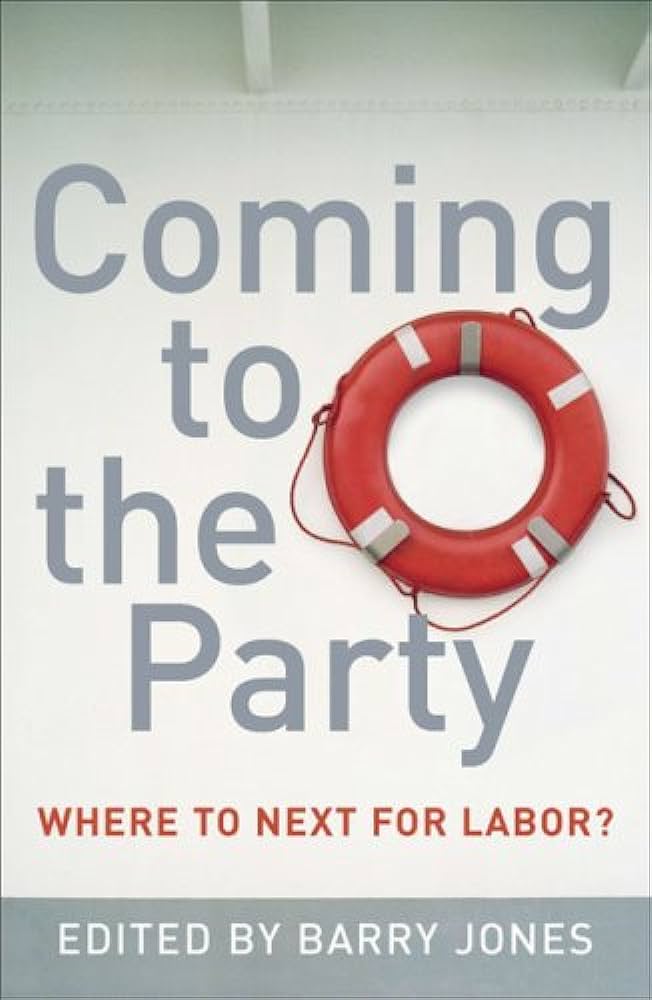

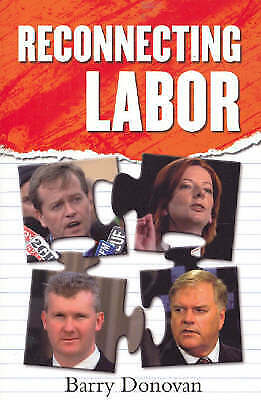

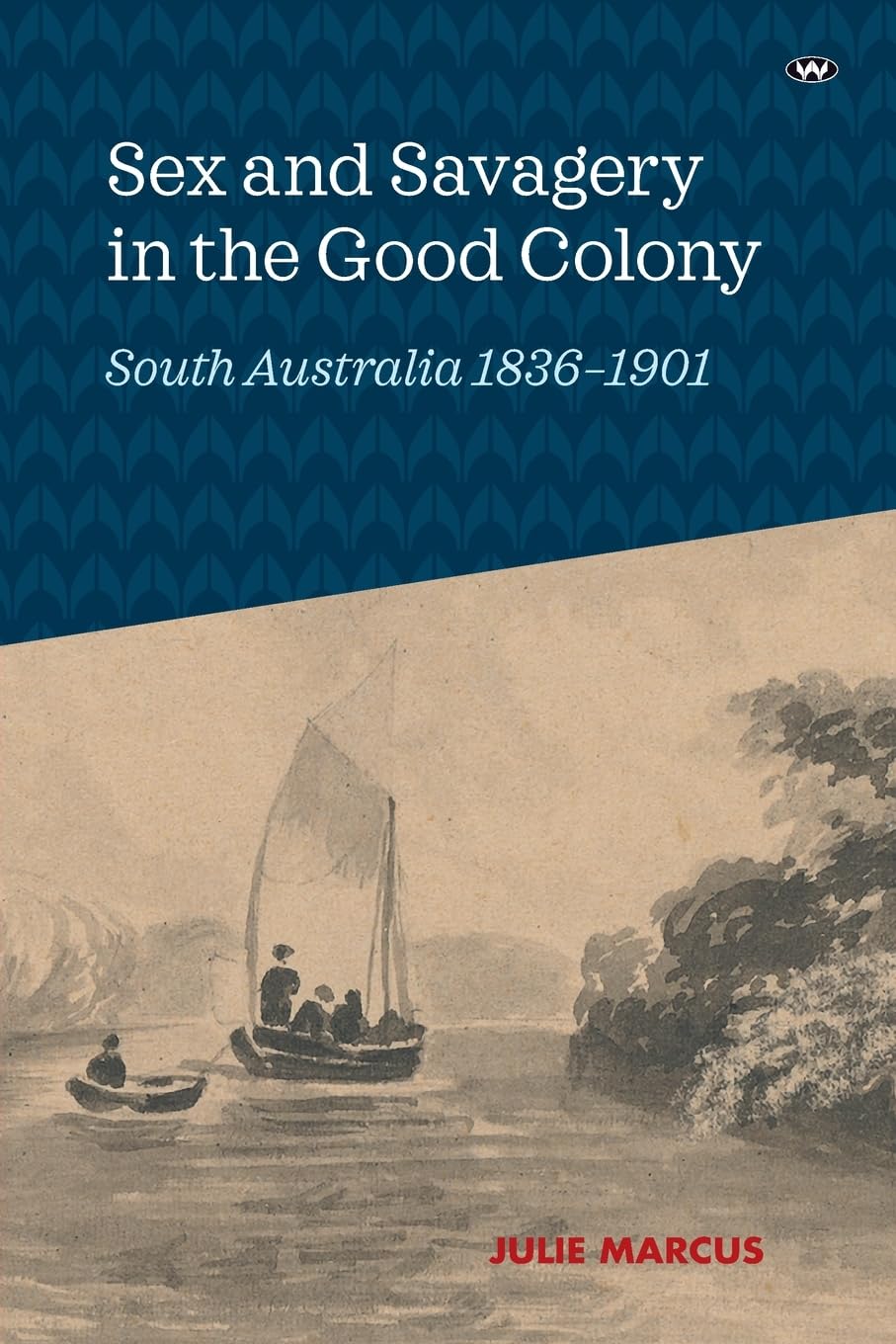


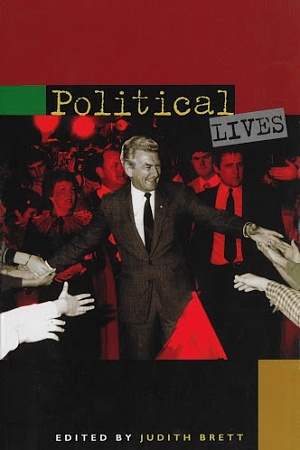
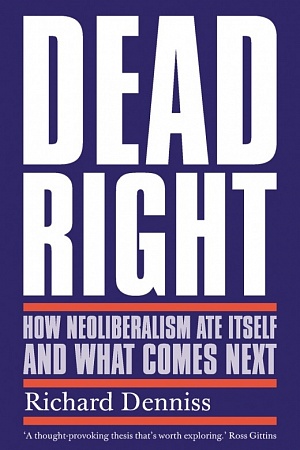
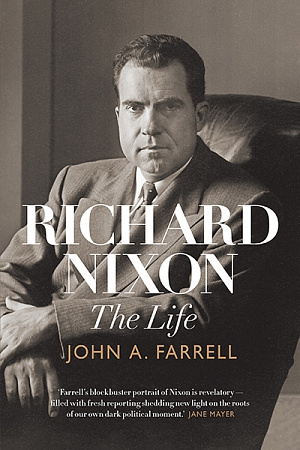
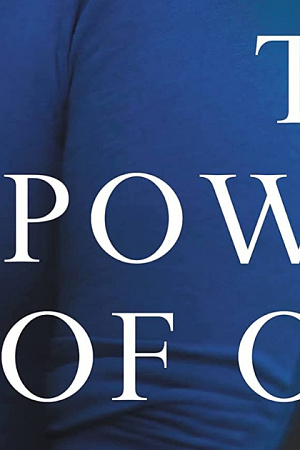
Leave a comment
If you are an ABR subscriber, you will need to sign in to post a comment.
If you have forgotten your sign in details, or if you receive an error message when trying to submit your comment, please email your comment (and the name of the article to which it relates) to ABR Comments. We will review your comment and, subject to approval, we will post it under your name.
Please note that all comments must be approved by ABR and comply with our Terms & Conditions.